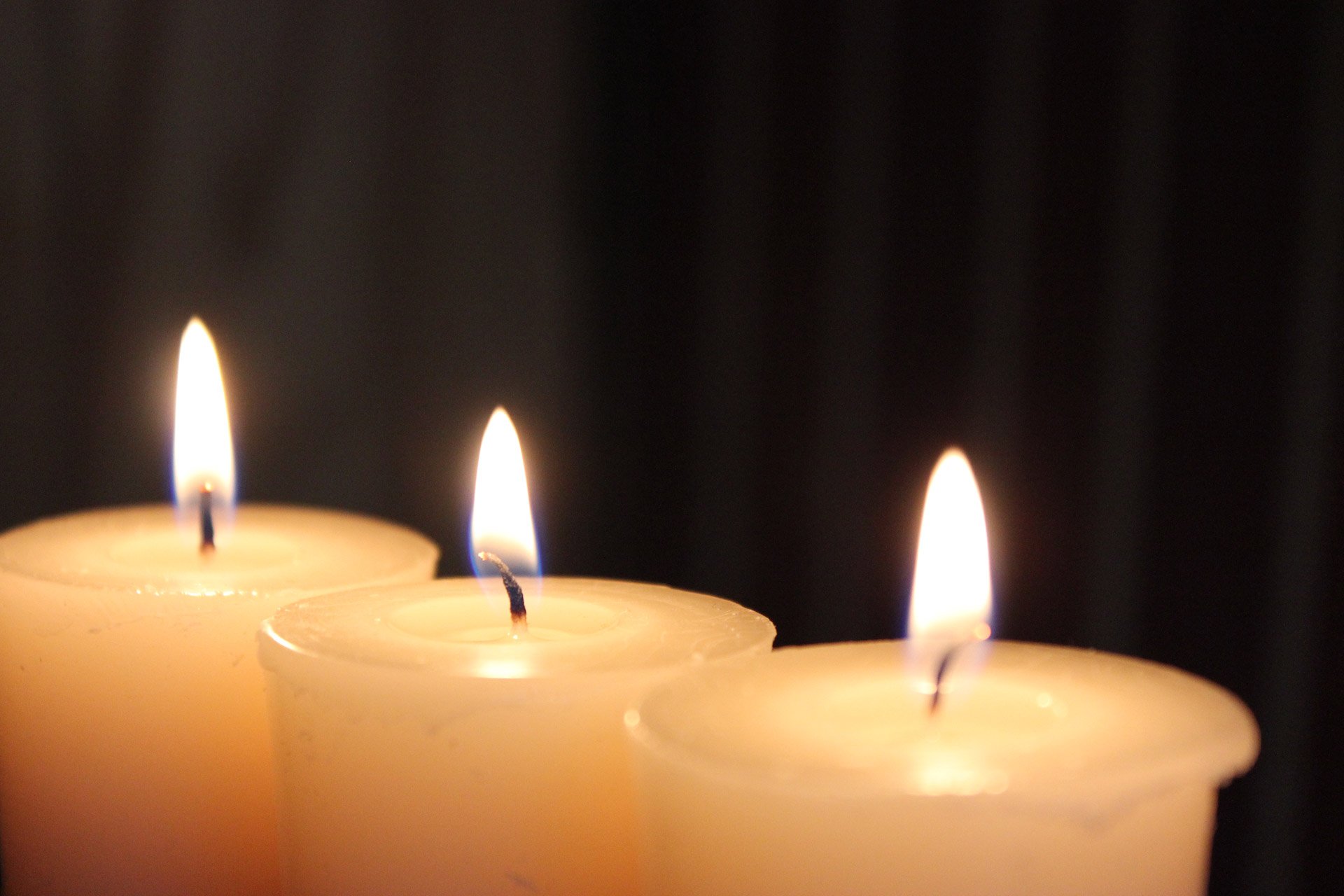On my ordination day in 1989 (and even before), I said and have said countless times since, “This is a great time to be the church.” Though my enthusiasm still burns brightly for the mission of the church in these times, I no longer am saying that. I do not want to be misunderstood. I am not a “Make the Church Great Again” guy. And secondly, when church leaders are engulfed in the constellation of challenges they face today in a culture marked by severe conflict, I do not hear any of those leaders in my circle speak of these days as being “great.”
At the end of July my wife and I will travel to the Dallas-Ft. Worth area to participate in the installation of a marvelously gifted authentic servant-leader as an associate pastor with another leader we also highly value. If you have ever witnessed the installation of a pastor, you know that the bishop asks the one being installed a series of mission and ministry questions, all having to do with the expectations of her role as a pastor. To each of these questions, she will respond, “I will, and I ask God to help me.” When the questions have concluded, the bishop will then say, “Almighty God, who has given you the will to do these things, graciously give you the strength and compassion to perform them.” The congregation will then say, “Amen!”
As I anticipate experiencing again these familiar words, I know I will be thinking about the challenges of a world still divided and infected by COVID-19, our planet being on fire, unchecked gun violence, rampant racism, the desperate situation in Haiti, the vicious divisions over recent Supreme Court rulings, and the recurring reports that speak negatively about the church – a church that is not only becoming more irrelevant but is now hated by many. At the same time, I will be thinking and praying (yes, thoughts and prayers) how desperately we need authentic gospel-centered and gospel-driven servant leaders to do the arduous work that is before us – the work of healing and restoring a broken world through their own leadership and the ministry and reach of the congregations they serve. And I know I will stand with gratitude, humility, and hope for having the privilege of being in the company of the people at this service of installation. So grateful for good people who still believe in the church, I expect a tear or two to appear in my eye.
But what do we do now, church? Given the enormous challenges the church faces and the cultural confusion about its identity and calling, and of course, the vitriol directed at much of the church, it would be tempting to want to do something bold and new. Recognizing that this blog is not meant to be a lengthy theological or ecclesiological treatise, I want to briefly suggest that instead of searching for something bold and new, we stay focused on God’s vision of a world restored, and, at the same, as we are drawn into God’s vision, we be the countercultural community the church was created to be. If we did those two things, it would actually be bold and new.
A World Made Well, Whole, and Restored
The prophet, Isaiah, paints this picture:
On this mountain the Lord of hosts will make for all peoples
a feast of rich food, a feast of well-matured wines,
of rich food filled with marrow, of well-matured wines strained clear.
And he will destroy on this mountain
the shroud that is cast over all peoples,
the sheet that is spread over all nations;
he will swallow up death for ever.
Then the Lord God will wipe away the tears from all faces,
and the disgrace of his people he will take away from all the earth,
for the Lord has spoken.
It will be said on that day,
Lo, this is our God; we have waited for him, so that he might save us.
This is the Lord for whom we have waited;
let us be glad and rejoice in his salvation.
- Isaiah 25:6-8
The Hebrew scriptures not only offer this all-inclusive vision; the New Testament, specifically Revelation 21, also offers a similarly restorative portrait. God makes a feast for all people. All means all. Suffering, conflict, division, hunger, tears, and shame are all swallowed up by God’s extravagant grace and mercy for all of creation. There is no condemnation. There is no tribalism. No red states and blue states. No global north and no global south. We and all of creation are God’s and participants in God’s promised future – all and everything, no exceptions. Period. The end.
The above portrait is sufficient for what we hope when we claim that Jesus is the Messiah of God. As God’s Messiah, his life, death, and resurrection has already overcome everything that would cheapen us, fragment us, or crush us. This promise is that to which I cling when confronted with the turbulent world in which we live. This is what gets my focus when my heart breaks with gun violence, or with the fifty immigrants who died in a trailer while risking everything for a new life, or with the horrors of mass incarceration of the poor and persons of color in the south. This is what empowers me to deeply identify with Jesus and to rise each day with hope in light of the resurrection. This is what it means to say, “The tomb is empty.”
Folks, if this is truly the destination and the outcome for all of creation and all of life – no exceptions – then we, if we are authentic as God’s people, will live our lives and make choices, individually and corporately, towards that end. And again, that would be bold and new.
Being Countercultural.
Despite what anyone might try to assert, USAmerica is not a “Christian nation.” White Christian Nationalism is not Christian nor are other forms of malignant Christianity plaguing our culture. The USAmerican Christianity of today has nothing in common with the movement that began with a declaration, “The tomb is empty,” and the outpouring of the Holy Spirit that first seized the followers of Jesus and enabled them to completely reimagine themselves and their future in light of what God has done. No way that a nation filled with “Christians” could be so full of hate for one another. No way that a nation filled with “Christians” could be so filled with judgment and cruelty for one another. No way that a nation filled with “Christians” could be so sure of their superiority, self-righteousness, and triumphalism.
Listen to what Jesus says,
Blessed are the poor in spirit…
Blessed are those who mourn…
Blessed are the meek…
Blessed are those who hunger and thirst for righteousness (justice)…
Blessed are the merciful…
- Matthew 5:3-7
And the prophet, Micah
… and what does the Lord require of you
but to do justice, and to love kindness, and to walk humbly with your God?
- Micah 6:8
And again, just one of many of a stubborn theme of Jesus:
Just as I have loved you, you also should love one another.
- John 13:34
Ask yourselves. Does the nation in which I live look like the above? Does USAmerica and its idolatrous gun culture look like the above? Does USAmerica and its anti-immigration, anti-LGBTQIA+, anti-voting rights for non-whites, anti-climate and earth-saving initiatives, and hard-core anti-abortion stances, no matter who the impregnated mother might be or what her circumstances are, look like the above?
More importantly, does the church in which I participate look like the above? Does it think like the above? Does it live like the above? Does it love like the above?
Hope for Us. Hope for the World
Of all that we and our world might need right now, the authentic church and the God to whom it points and follows is still our best hope. And that hope is not something that comes from us humans. It comes from God and what God still reveals to us as the way of following Jesus. And it is that hope that enables us to see what the world cannot see, dream what the world cannot dream, and be willing to do the tireless work for what the world is not willing to do. To which we reply, “We will and we ask God to help us.”
May God who has given you the will to do these things also give you the strength and the courage to do them.
In the abiding hope of the empty tomb,















